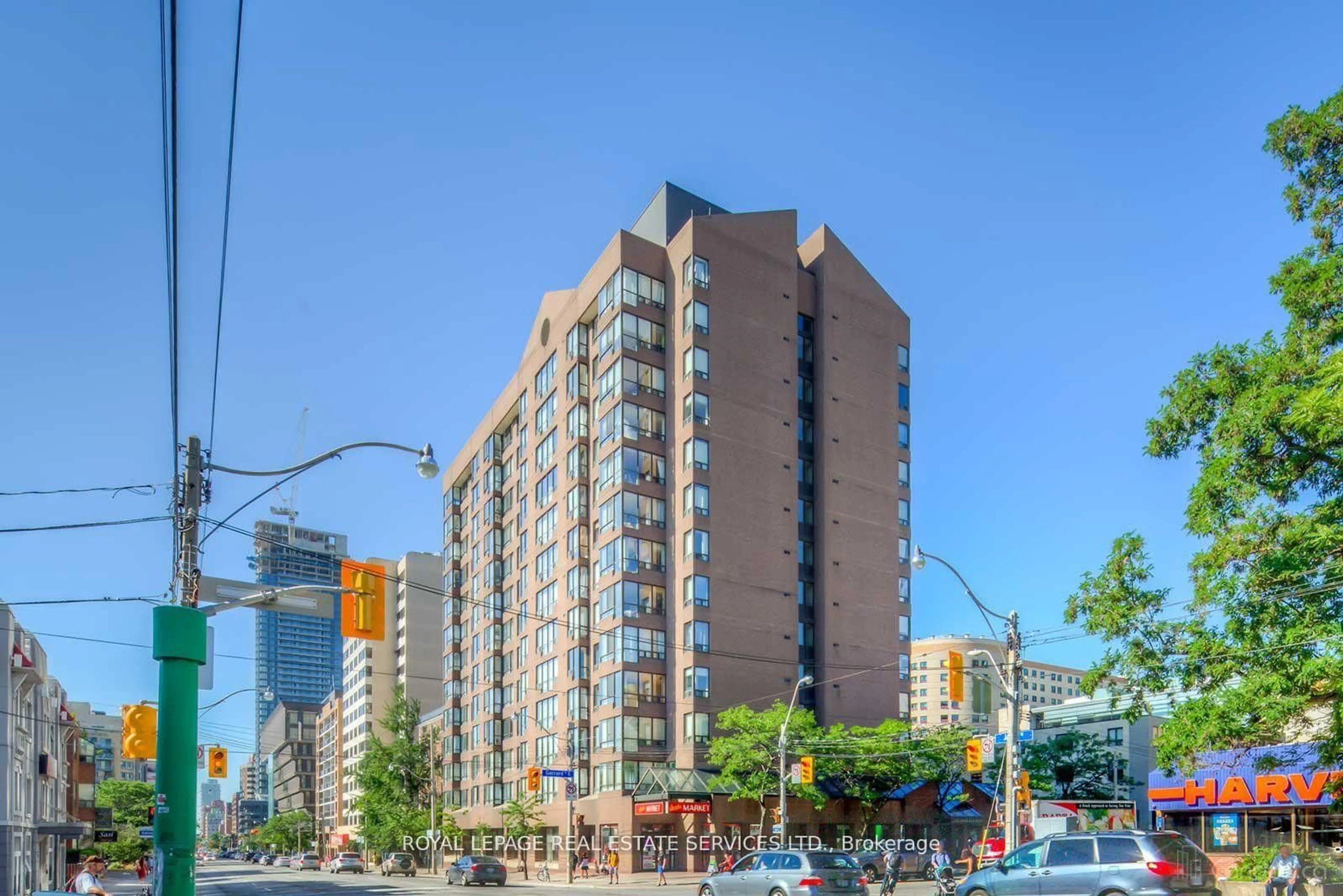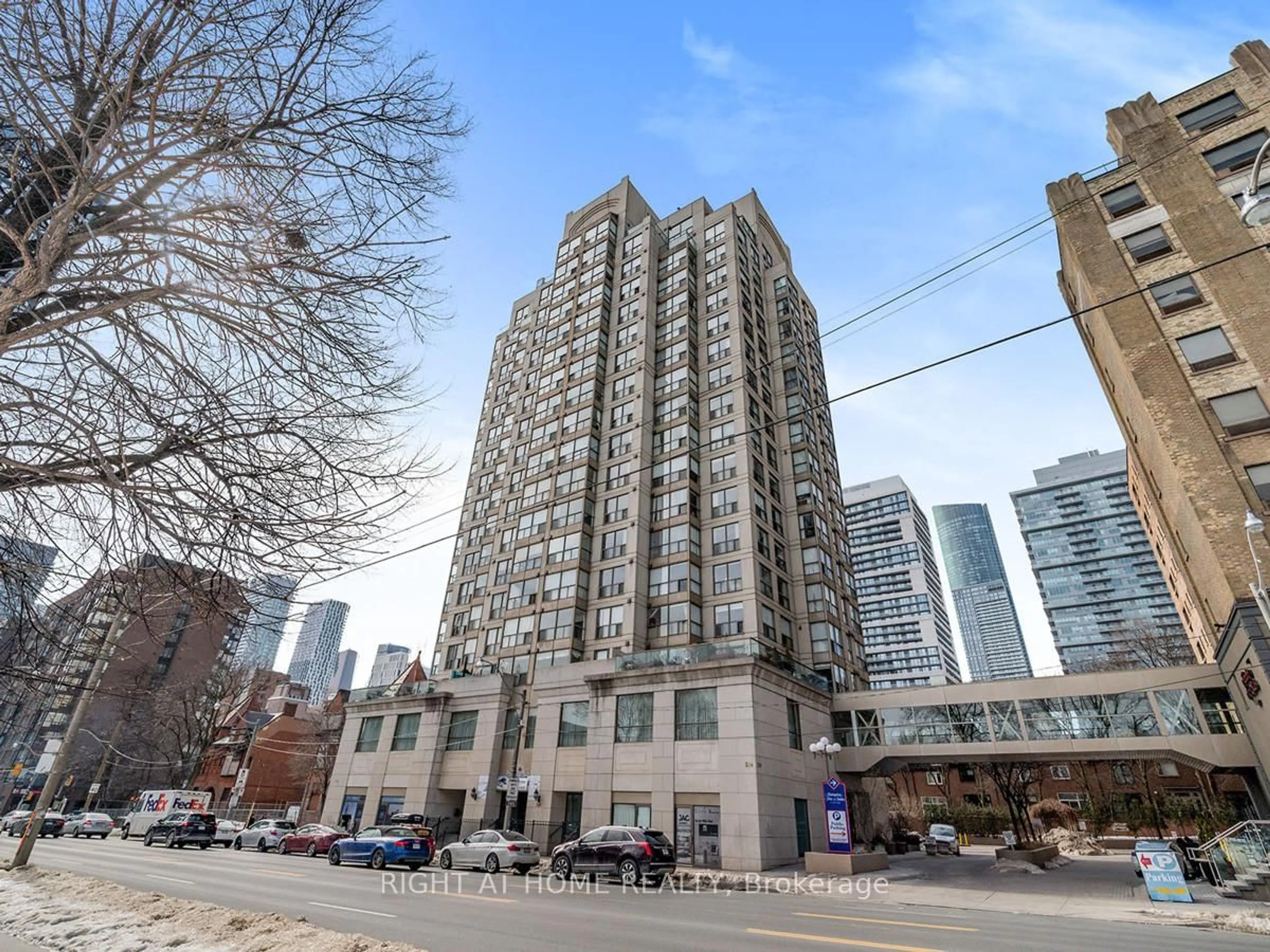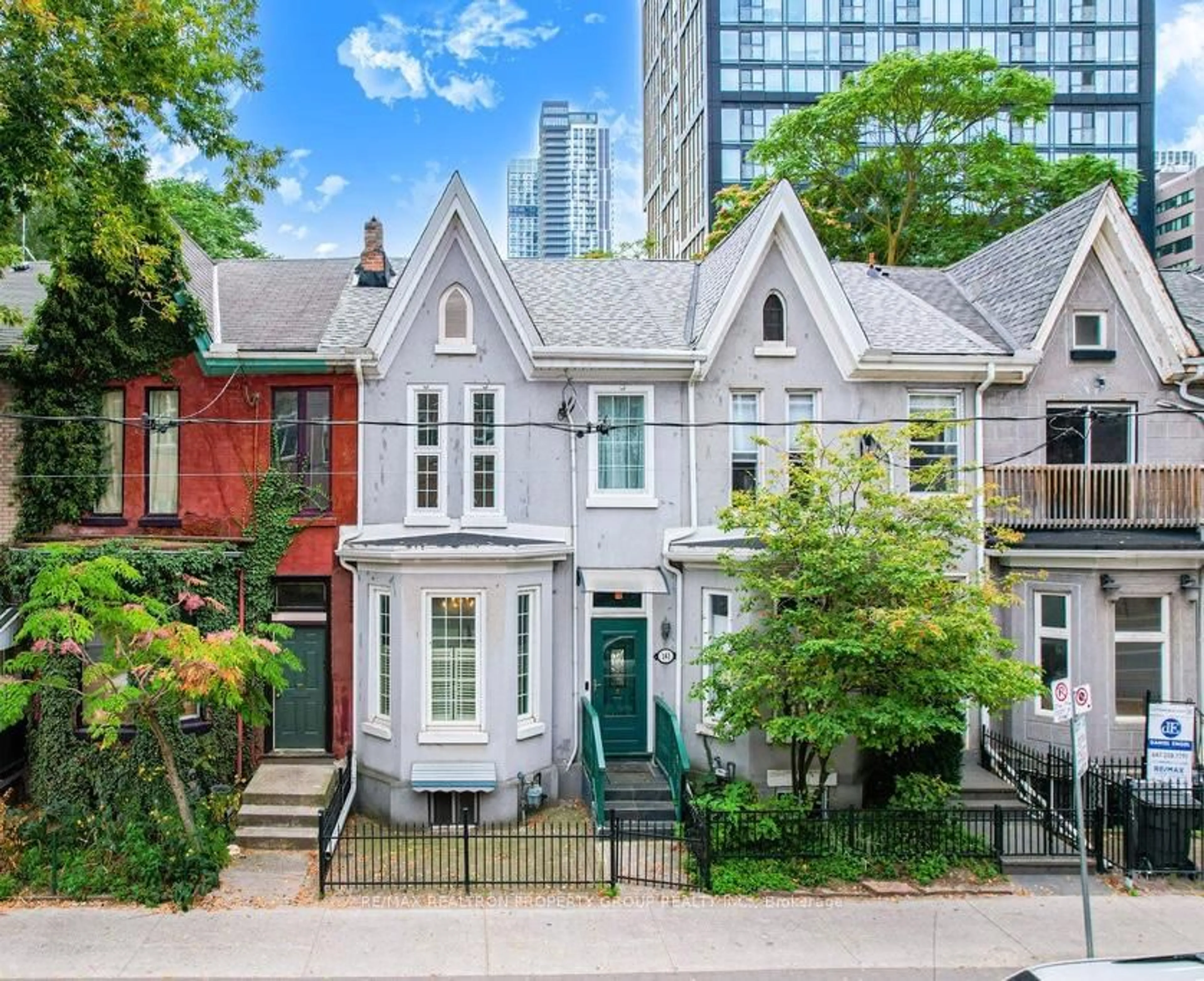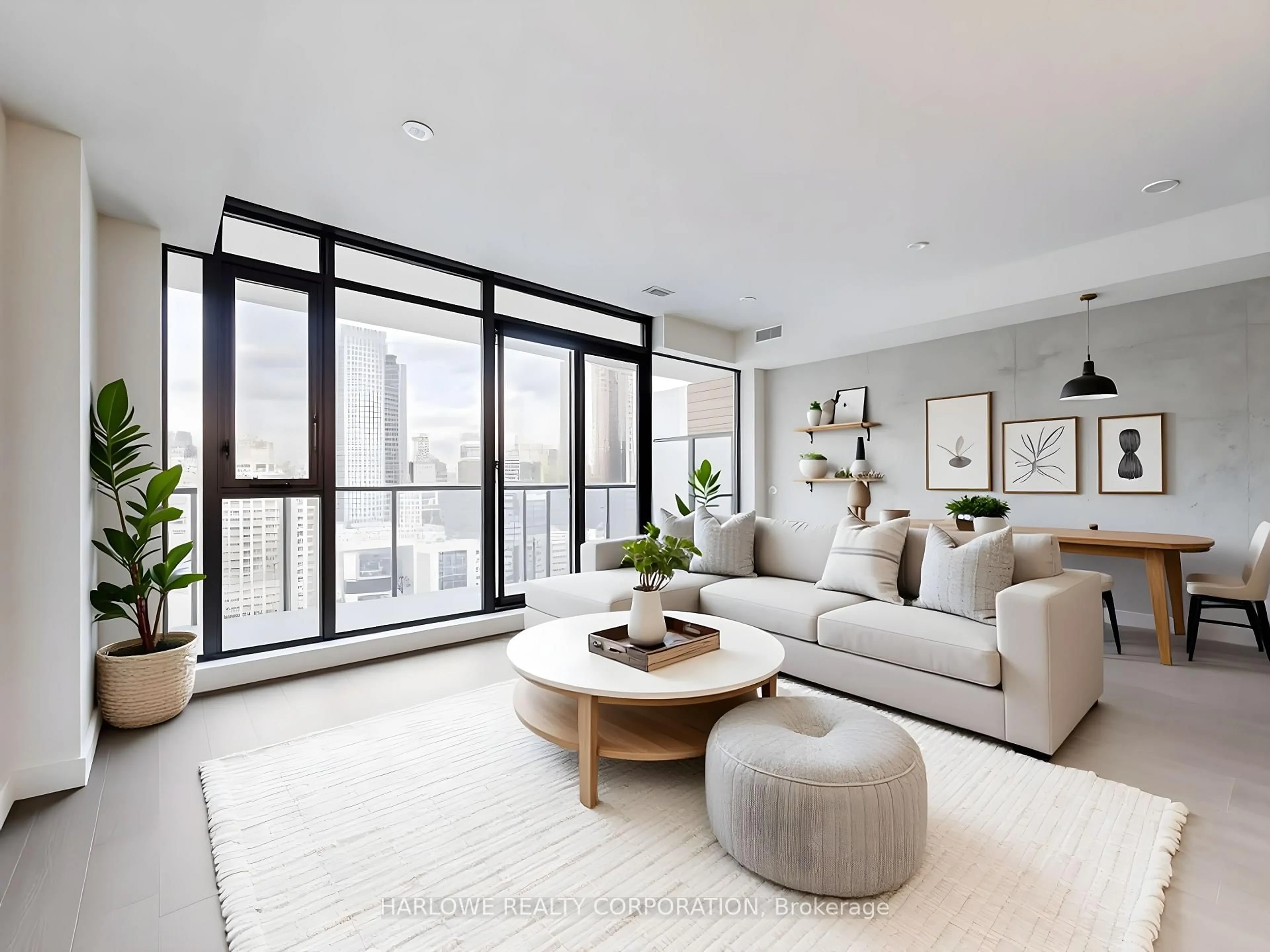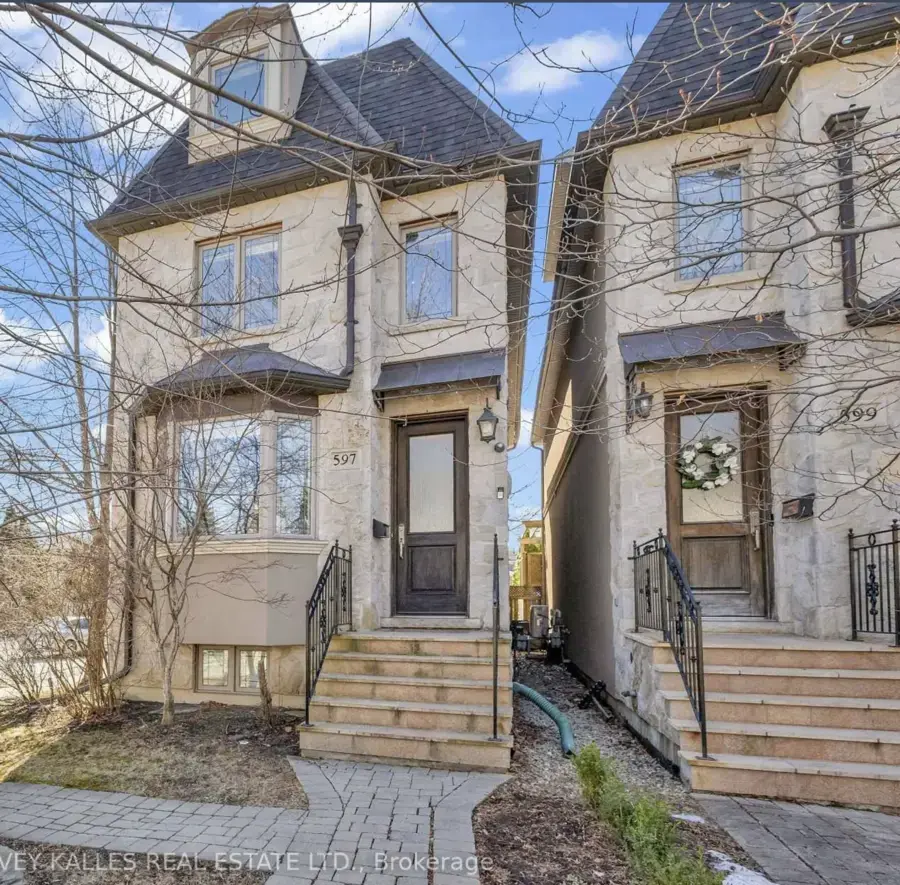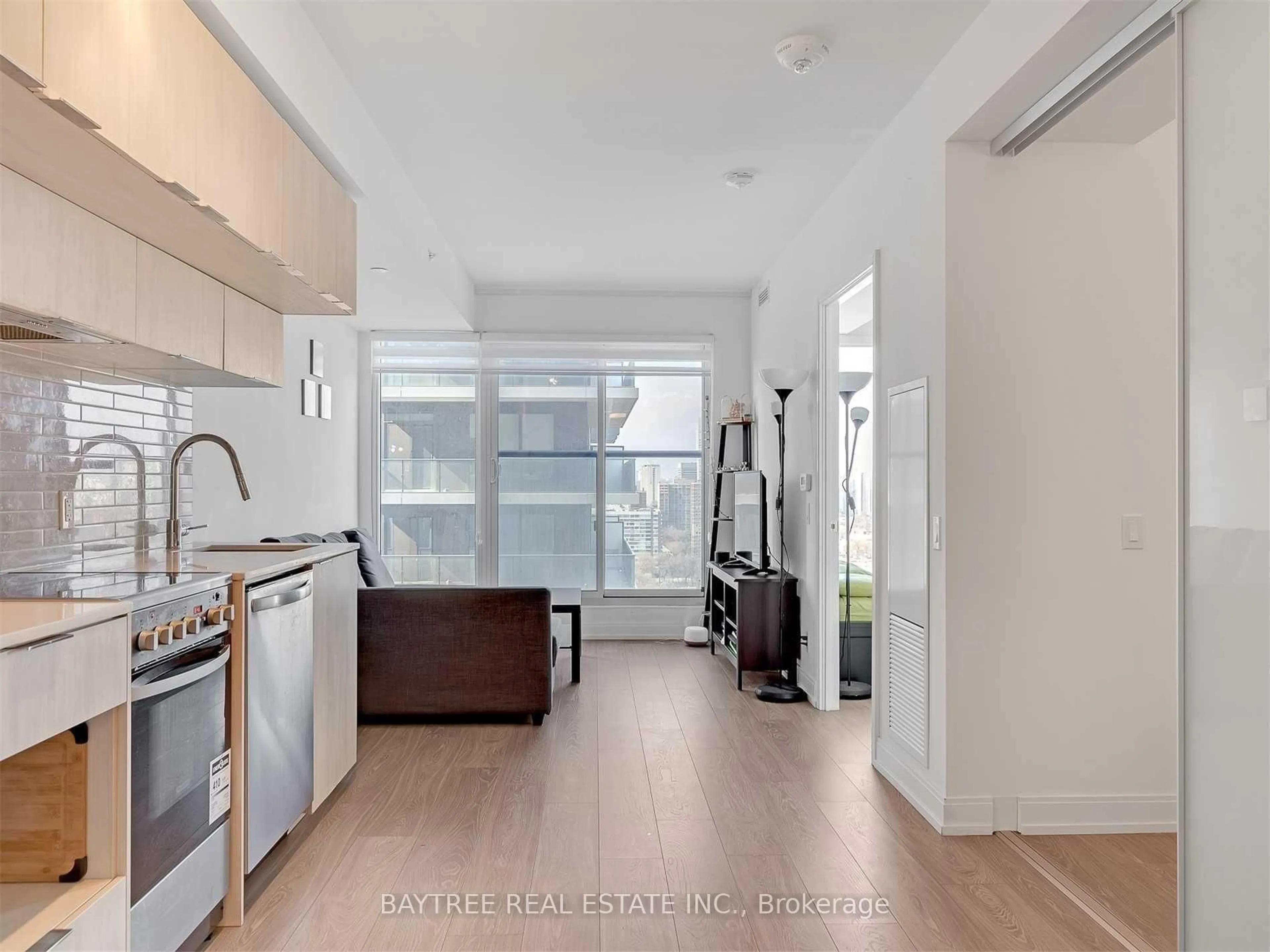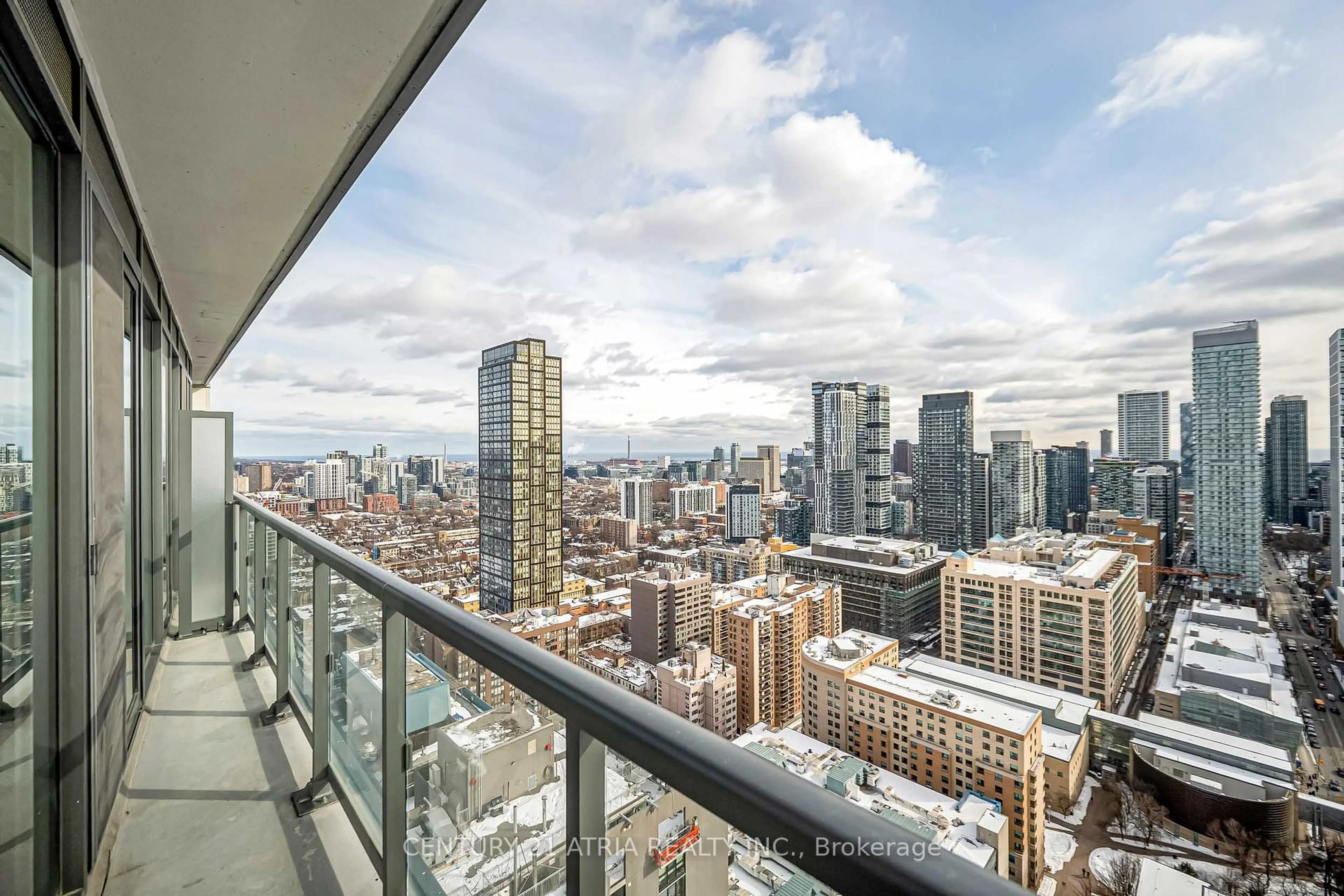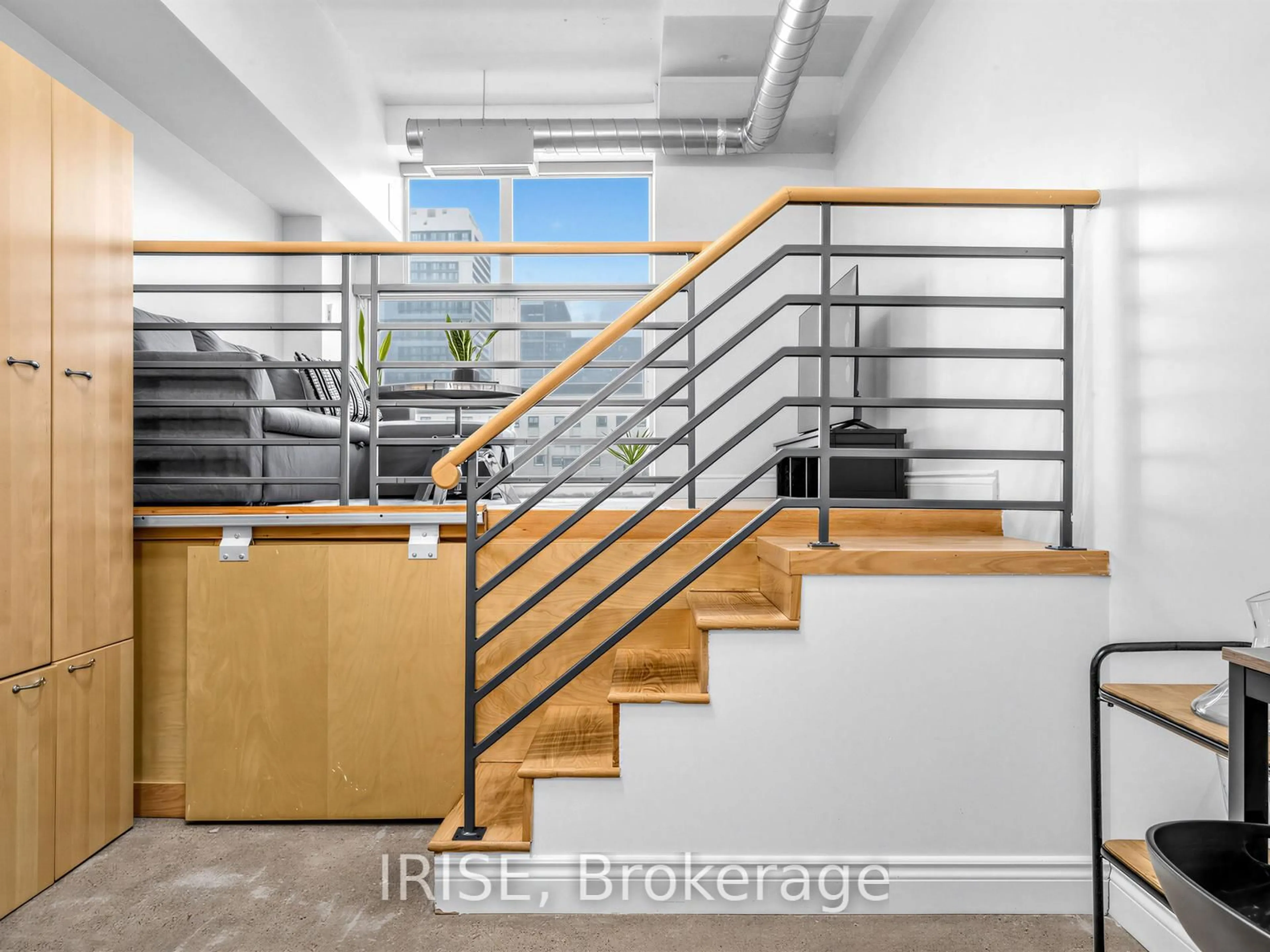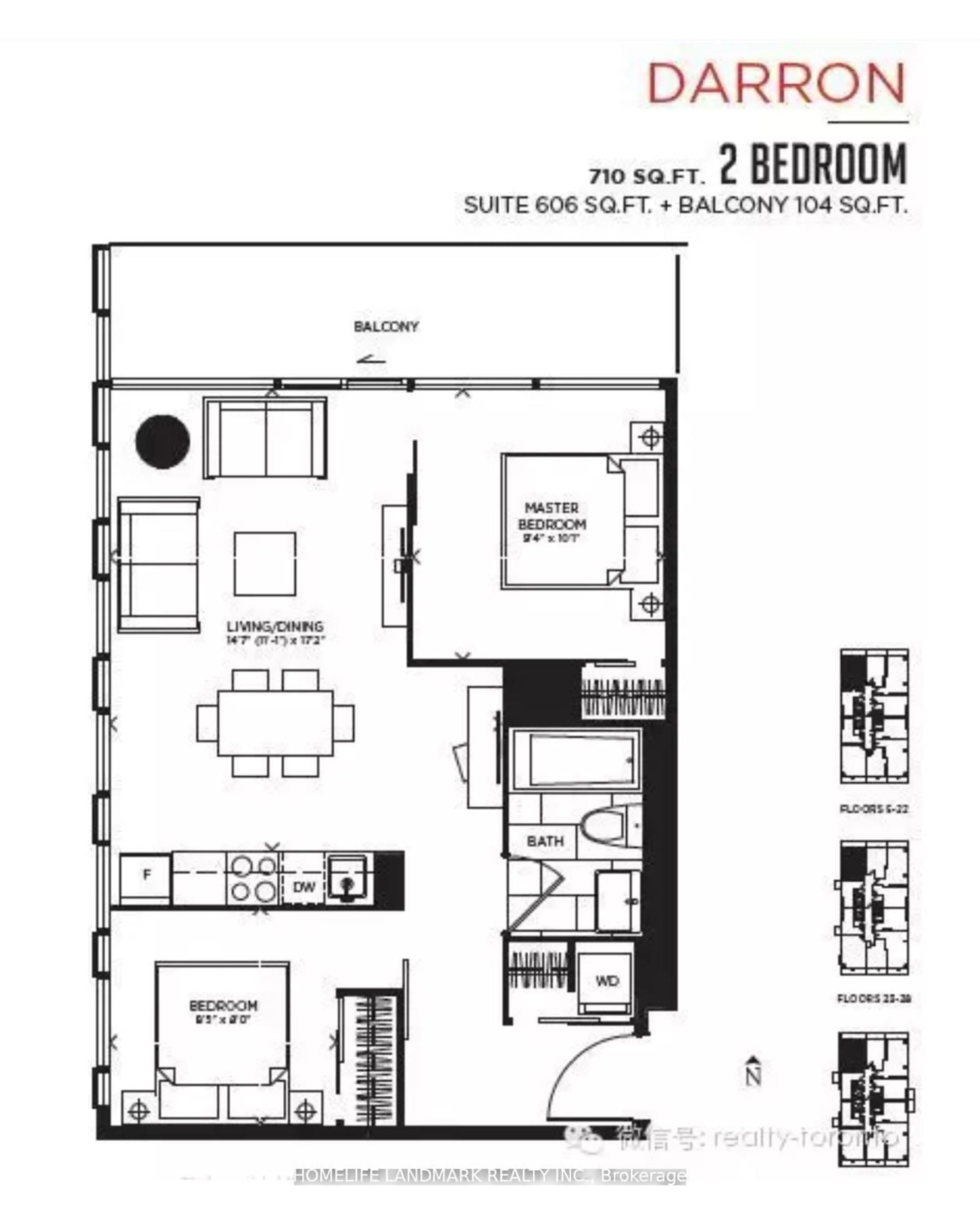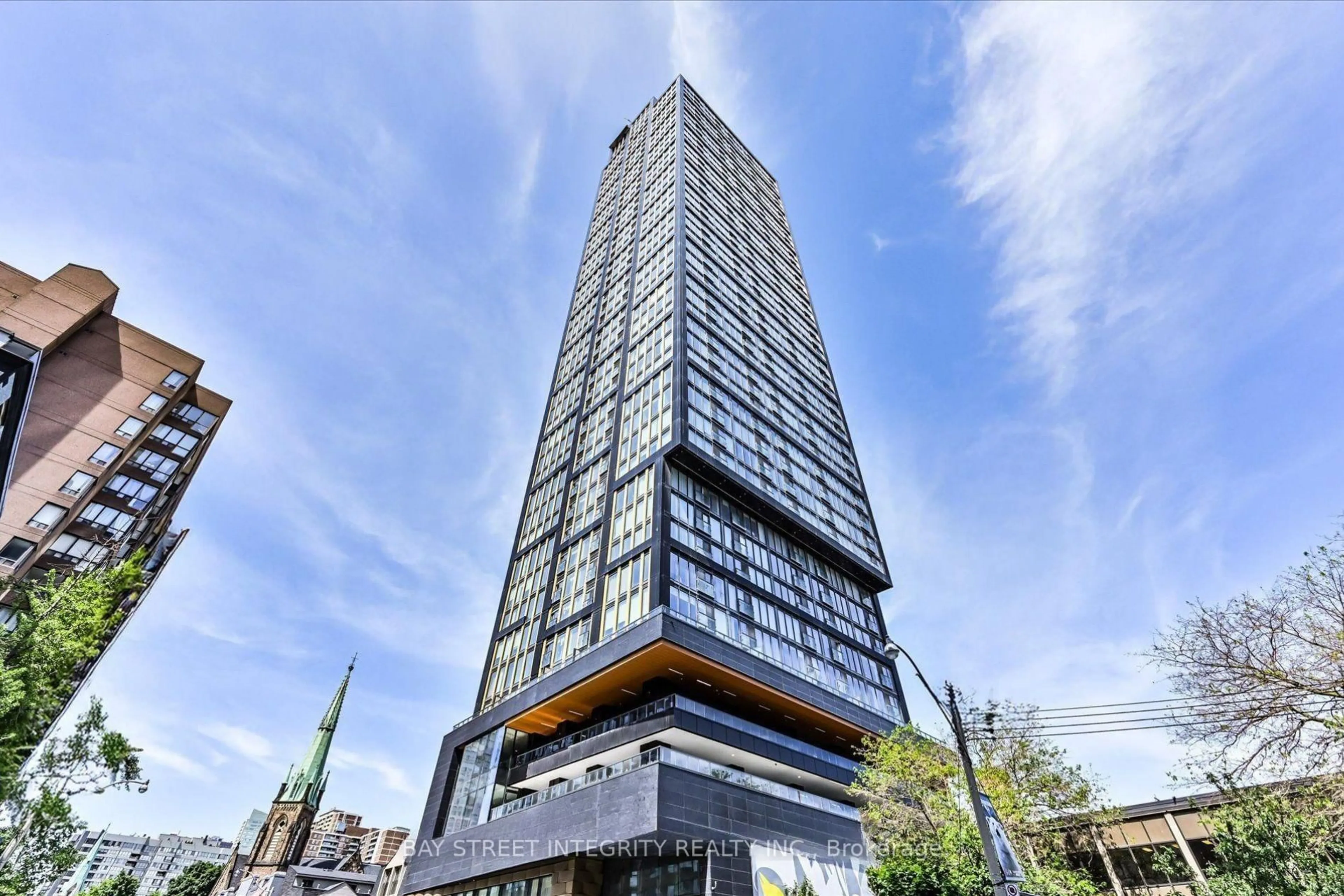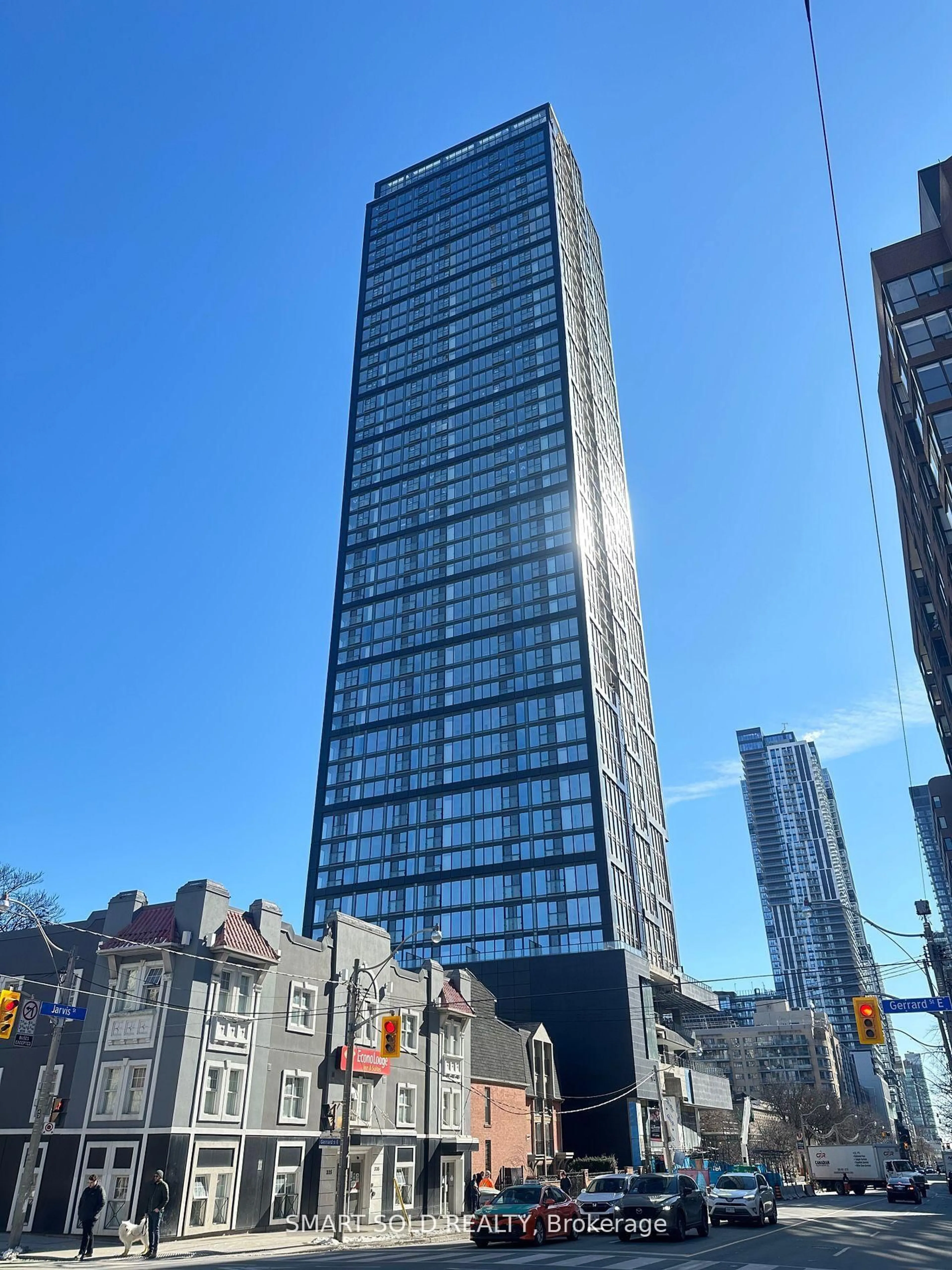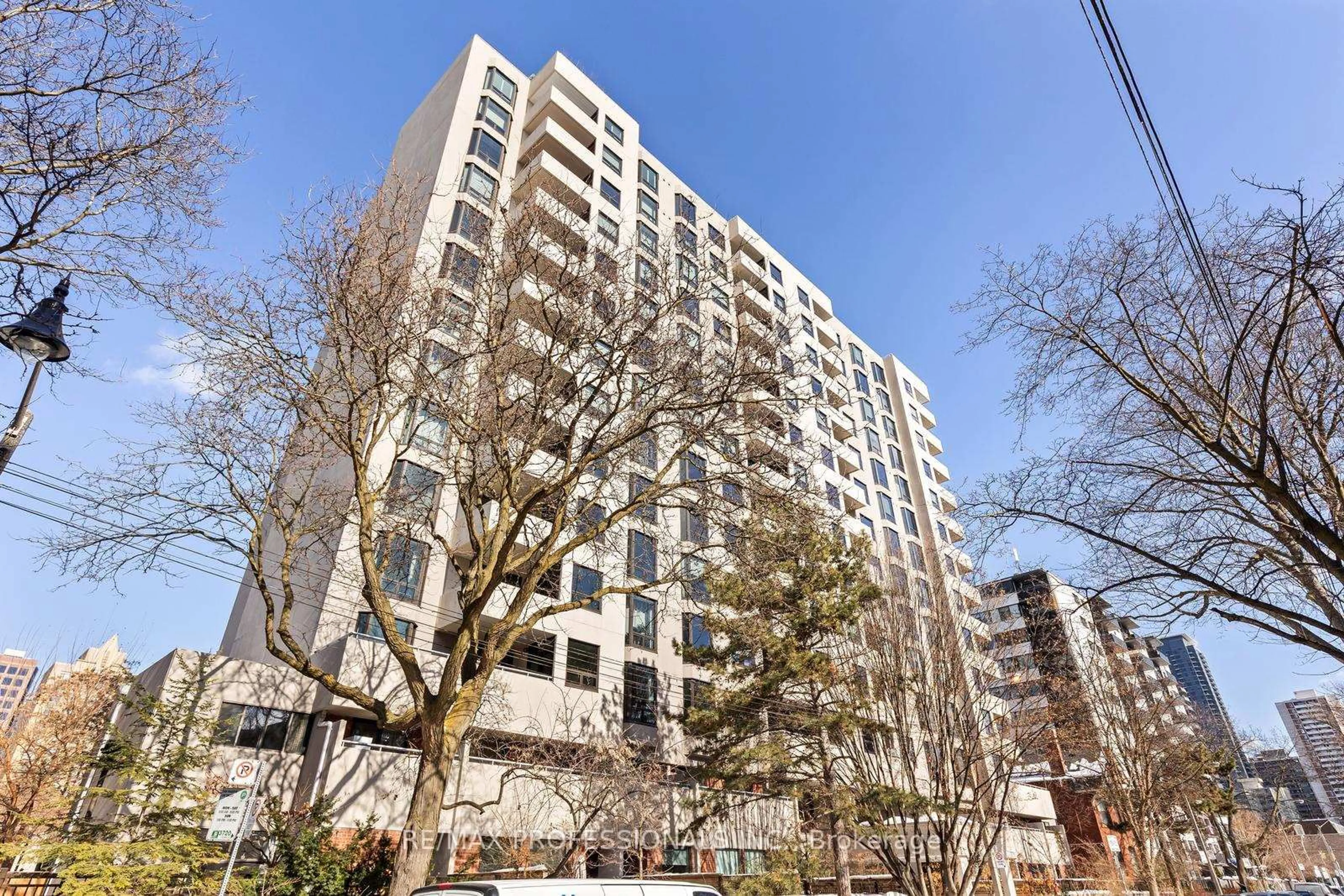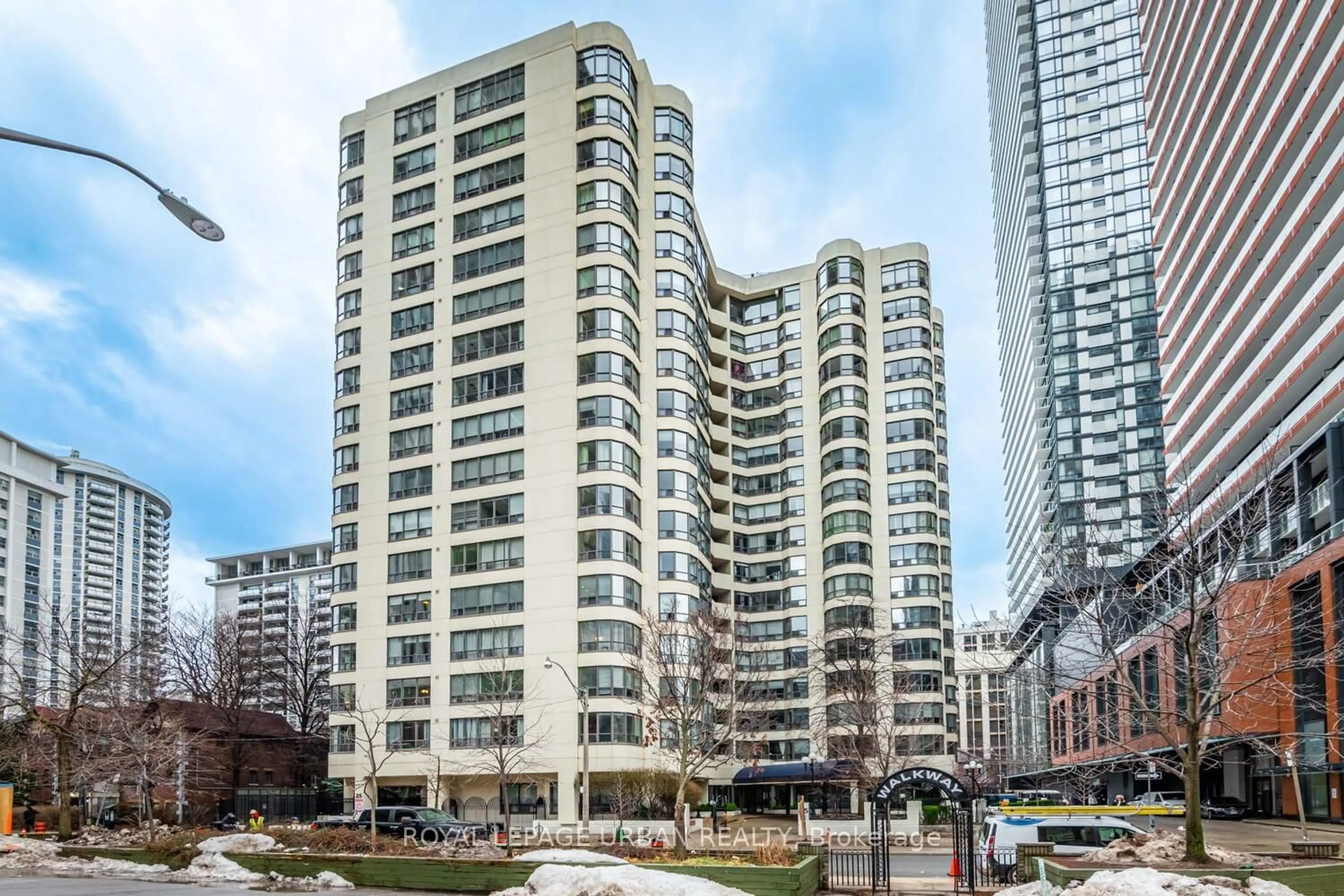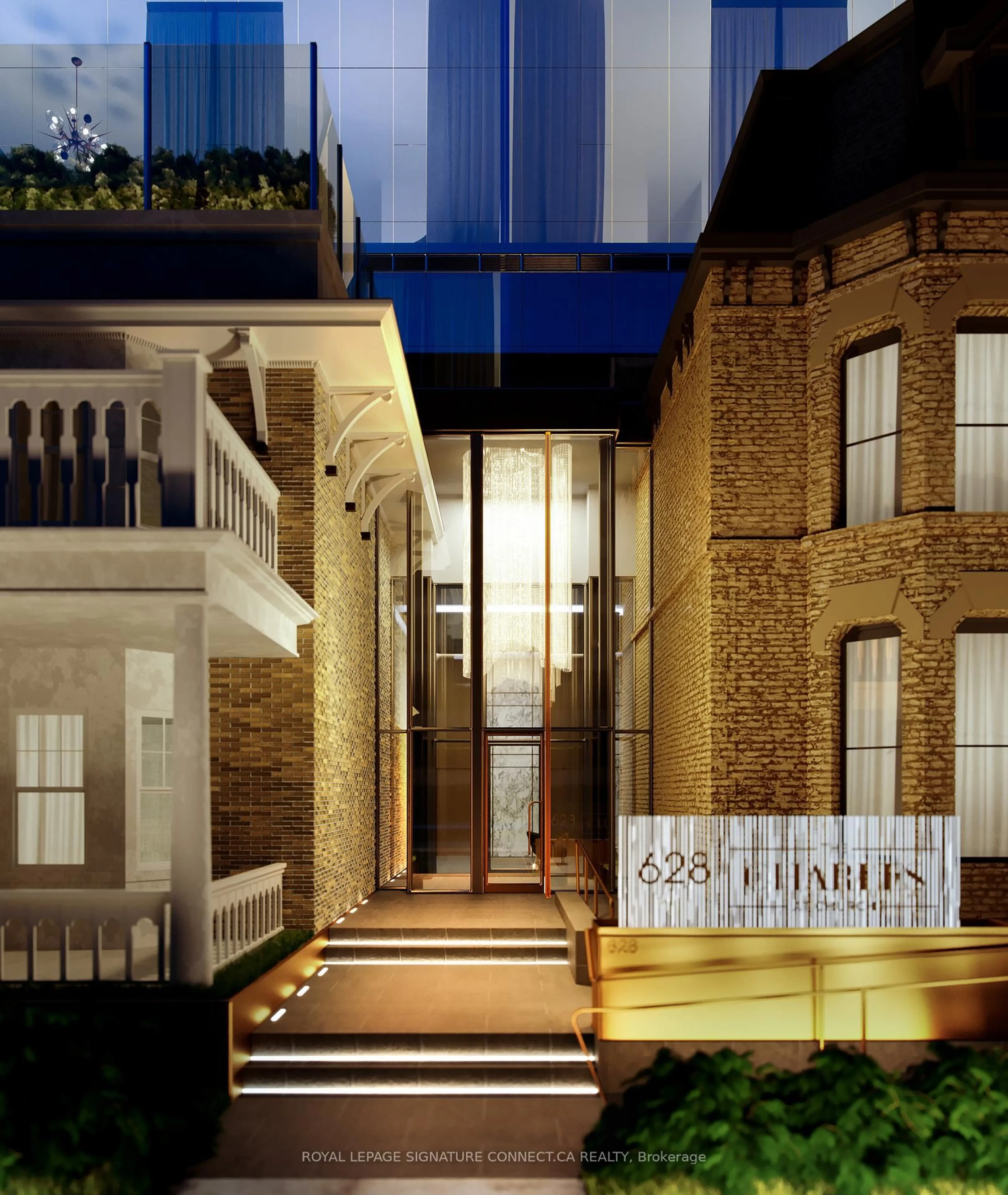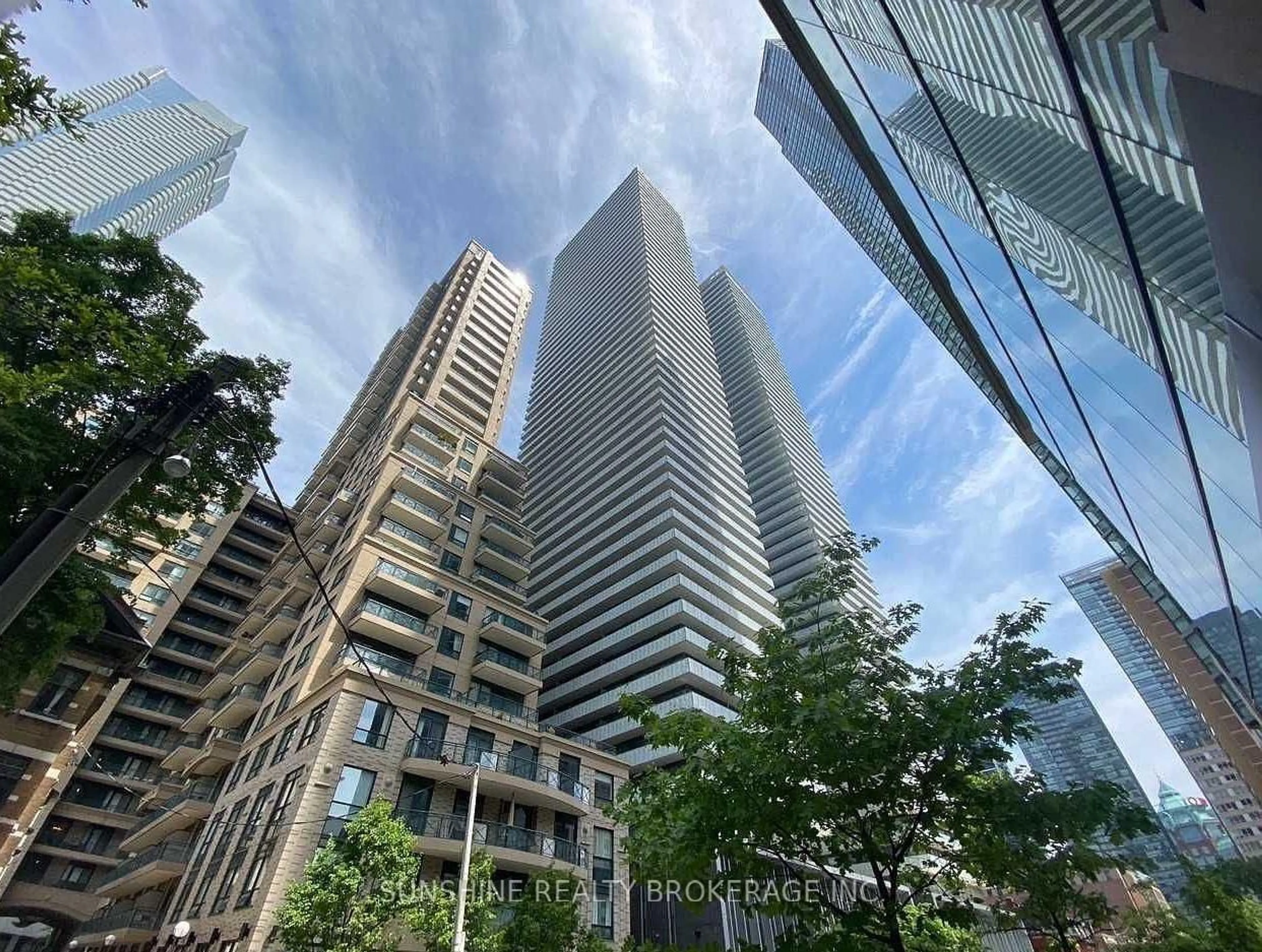Days on market
Bedrooms
Bathrooms
Property type
Homes For Sale in Church-Yonge Corridor
Tour homes in this area
We'll be in touch shortly to help you with your home search.
Church-Yonge Corridor Real Estate Market FAQs
Last updated Feb 20, 2026How many real estate listings are currently for sale in Church-Yonge Corridor?
As of today, the Church-Yonge Corridor real estate market currently has 0 detached homes, 2 semi-detached homes, 285 condos, and 4 townhouses, totaling 291 listings in Church-Yonge Corridor.
How many new properties were listed in Church-Yonge Corridor in the last 30 days?
In the last month, Church-Yonge Corridor has 0 new detached homes, 0 new semi-detached homes, 111 new condos, and 3 new townhouses, totaling 114 new properties listed.
How many open houses are there in Church-Yonge Corridor?
As of today, there are 3 open houses in Church-Yonge Corridor
How much does a condo cost in Church-Yonge Corridor?
In the last month, the median sold price for a condo price in Church-Yonge Corridor is $515,000, which is an decreased of 16.9% on the same period last year.
Population & demographics
Total population
40,965
Population age (%)
Household
Average household income
$118,874
Household composition (%)
Owners / Renters (%)
Mother Tongue (%)
How much does it cost to live in Church-Yonge Corridor?
Semi-Detached
Median Selling Price$0
Townhouse
Median Selling Price$0
Condo
Median Selling Price$515,000
Average Days on Market
57.33
#Active Listings (January)
241
#Sold Listings (January)
15
Top 4 Schools in Church-Yonge Corridor
Church-Yonge Corridor Review
Transportation
Car Friendly
Some arteries nearby, but traffic congestion and parking problems are likely
Pedestrian Friendly
All day-to-day needs are within a few minutes' walk
Transit Friendly
Near a subway and frequent bus lines
Shopping, Food and Nightlife
Cafes
Variety of cafés right on the street
Groceries
Several grocery stores nearby
Nightlife
Variety of bars within a few minutes' walk
Shopping
Wide variety of shops within a few minutes' walk
Restaurants
Variety of restaurants within a few minutes' walk
Greenery & Character
Greenery
Few street trees or parks in the area
Quiet
Multiple sources of noise nearby
Vibrant
Vibrant atmosphere all day and into the evening
Toronto’s Church-Yonge Corridor has a fascinating history that has resulted in it being one of the most vibrant neighbourhoods in the city. Once home to some of Toronto’s wealthiest, most elite families, Church-Yonge Corridor has been transformed and is now one of the busiest urban areas, largely home to young professionals and students. Located within its bounds is Toronto Metropolitan University (formerly Ryerson University), though the University of Toronto St. George Campus isn’t far off. This has led to a rise in apartments and condo buildings catered to renters. The Church-Yonge Corridor spans Bloor Street East to the north, Bay Street to the west, Jarvis Street to the east, and Front Street East to the south. This means it’s also home to the Toronto Eaton Centre, the largest shopping centre in the city, and Yonge-Dundas Square, which is filled with shops and attractions. Moving north, this Toronto neighbourhood encompasses the Gay Village, which hosts Pride Toronto every year and features a range of bars, clubs, coffee shops, and restaurants. Even further north lies the swanky shops of Bloor Street. It’s no wonder you’ll find people of all ages and backgrounds living in the Church-Yonge Corridor. Everything from high-end shops and fine dining to big box stores and chain restaurants can be found within its borders. Generally speaking, the Church-Yonge Corridor comprises residential buildings in its northern half and industrial or commercial buildings in its southern half. While it features some historic Victorian houses, many properties are more modern, having been completed anywhere from the 1980s to the present day.
